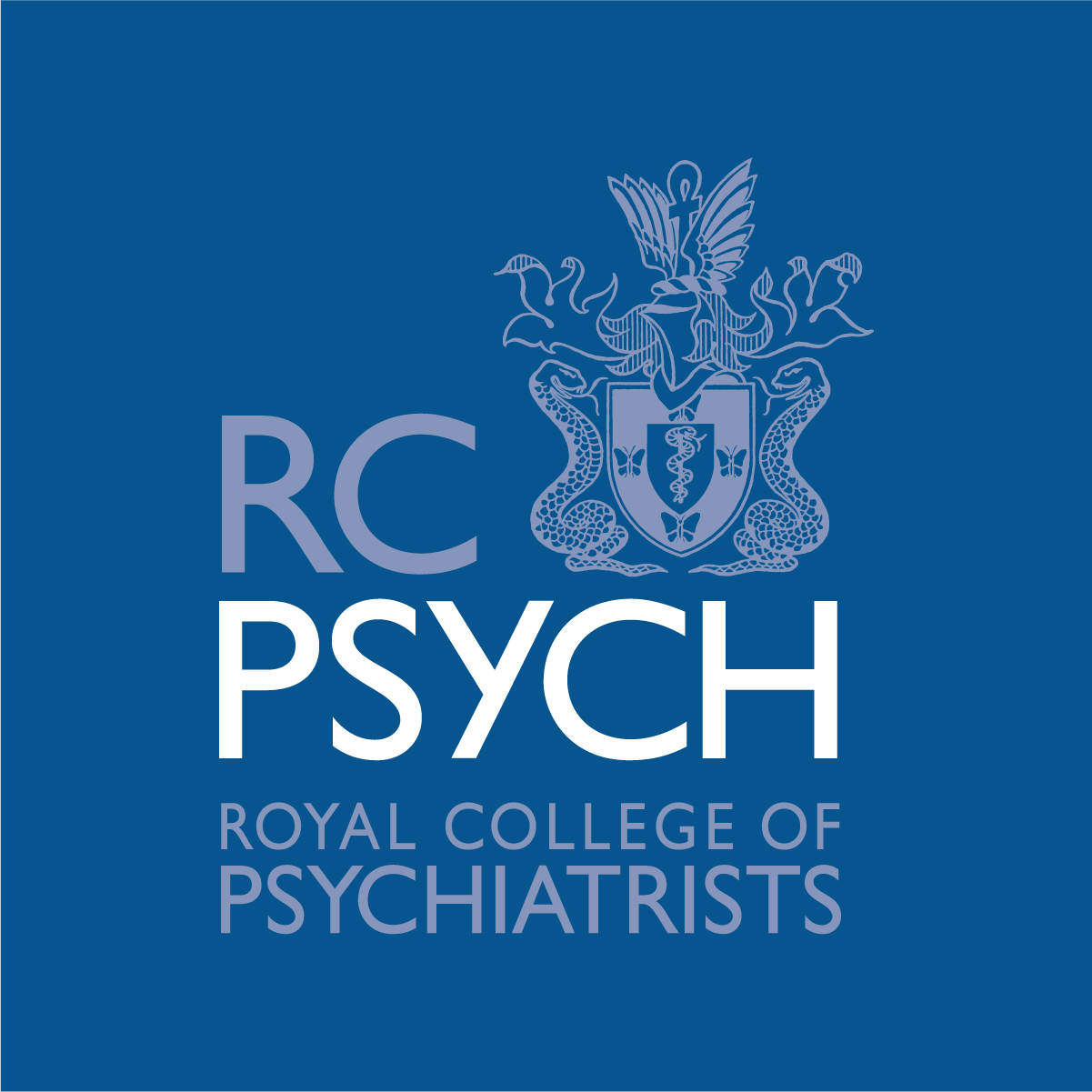Some chemical assistance is needed to assist with withdraw persistence (Fla1) -
Addiction ‘largely determined by our genes’
Embargoed until Friday, July 04, 2008
<!-- InstanceEndEditable --> <!-- InstanceBeginEditable name="preMain" --> <!-- InstanceEndEditable -->
The mystery of why one person becomes hooked on alcohol, heroin, sex or gambling, and another remains free of addiction, lies deep in the brain and is largely determined by our genes.
Professor Wim van den Brink, from the Academic Medical Centre at the University of Amsterdam in the Netherlands and a leading expert in the field of addiction, told the Annual Meeting of the Royal College of Psychiatrists today (Friday 4 July) that addicts have fewer dopamine or pleasure receptors in the brain and consequently seek out more and more stimulation.
“Addicts find it difficult to receive pleasure,” said Prof van den Brink. “They are not likely to enjoy most of the ordinary things most of us enjoy, experiences such as a day at the beach or night at a club. They are looking for more and more stimulus.”
However, Professor van den Brink stated that a person’s genetic vulnerability to addiction does not automatically translated into real alcohol and drug disease – there are also environmental influences.
He said: “You might start off smoking or taking cocaine, and that first introduction is very much determined by your environment. But to stick with it and become dependent on it is genetically determined.”
Ironically, if someone continues to take their substance of choice, the number of dopamine receptors drop even more. “In this way addicts become even more interested in drugs and drug-using friends,” said Prof van den Brink.
The emotional memory of the ‘wonderful experience and the drive to repeat it leads to craving and relapse, said Prof van den Brink. Moreover, addicts fail to understand, or register, the conflict between the short-term pleasure the substance gives them and the damage long-term addiction can do.
Addiction ‘largely determined by our genes’
Embargoed until Friday, July 04, 2008
<!-- InstanceEndEditable --> <!-- InstanceBeginEditable name="preMain" --> <!-- InstanceEndEditable -->
The mystery of why one person becomes hooked on alcohol, heroin, sex or gambling, and another remains free of addiction, lies deep in the brain and is largely determined by our genes.
Professor Wim van den Brink, from the Academic Medical Centre at the University of Amsterdam in the Netherlands and a leading expert in the field of addiction, told the Annual Meeting of the Royal College of Psychiatrists today (Friday 4 July) that addicts have fewer dopamine or pleasure receptors in the brain and consequently seek out more and more stimulation.
“Addicts find it difficult to receive pleasure,” said Prof van den Brink. “They are not likely to enjoy most of the ordinary things most of us enjoy, experiences such as a day at the beach or night at a club. They are looking for more and more stimulus.”
However, Professor van den Brink stated that a person’s genetic vulnerability to addiction does not automatically translated into real alcohol and drug disease – there are also environmental influences.
He said: “You might start off smoking or taking cocaine, and that first introduction is very much determined by your environment. But to stick with it and become dependent on it is genetically determined.”
Ironically, if someone continues to take their substance of choice, the number of dopamine receptors drop even more. “In this way addicts become even more interested in drugs and drug-using friends,” said Prof van den Brink.
The emotional memory of the ‘wonderful experience and the drive to repeat it leads to craving and relapse, said Prof van den Brink. Moreover, addicts fail to understand, or register, the conflict between the short-term pleasure the substance gives them and the damage long-term addiction can do.


Comment